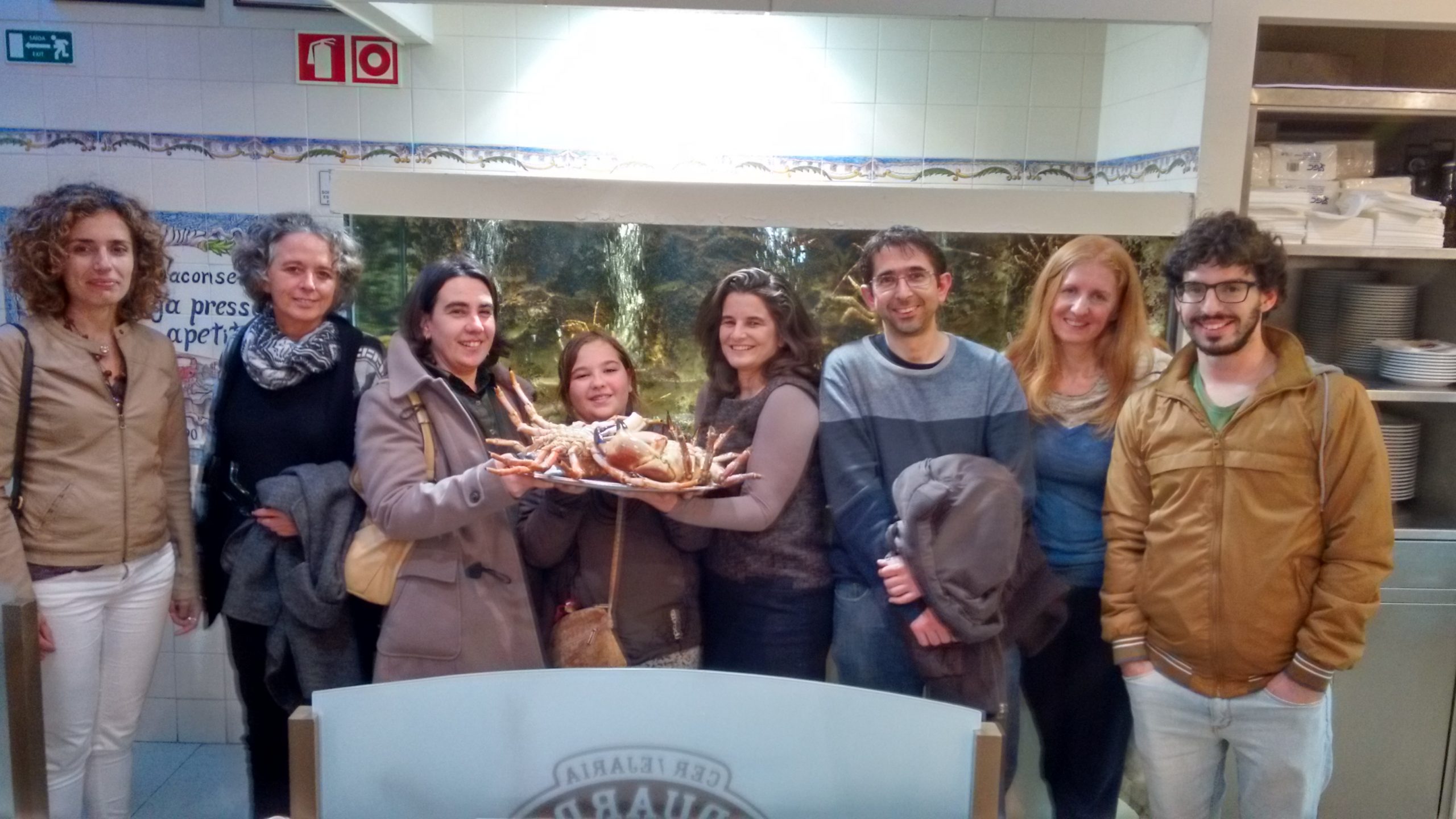PLOS Genetics Research Prize 2016: Nominations open
With the launch of the PLOS Genetics Research Prize 2016, I talked to João Barroso-Batista, one of the first authors of last year’s winning article.
João is a PhD student and a member of the Gordo Lab at the Instituto Gulbenkian de Ciência, Portugal, who is interested in the evolution of organisms, and in particular, understanding the way they change and adapt according to the selective pressures of the environment. Here, he explains the research behind the article and the impact of winning the PLOS Genetics Research Prize 2015.
Why is your article of interest to a broad genetics readership?
Our article addresses the evolution of a member of the microbiota, Escherichia coli, in one of its natural habitats, the mammalian gut. Compared to simpler in vitro systems, the gut is a complex, multi-species environment, which plays a key role for determining the health status of the host individual. Our work coupled experimental evolution of E. coli in the gut ecosystem with genomic analysis of individual and whole populations of E. coli at multiple time points. This approach allowed us to reveal that adaptation to this environment is fast and mediated by multiple mutations that compete for supremacy.
Why’s this important?
In this study, we followed the evolution of E. coli in the mouse gut over one month and described the genetic basis of adaptation. We reported that multiple adaptive mutations emerge after just three days of colonization and that different genotypes can coexist for almost one month. Despite this complexity, adaptation was highly repeatable with the same phenotypic trait being recurrently selected in different populations. In this environment, multiple selective pressures (e.g., microbiota, immune system, nutrients) presumably interact and may play a role in the evolution of microbes. Importantly, host-microbe and microbe-microbe interactions taking place in the gut are crucial for the maintenance of the host health and homeostasis. The rapid bacterial adaptation to the gut reported in our study strongly suggests that within-host evolution can play a crucial role shaping the complex and important interactions that occur in this context.
How did you feel when you found out that your research had won the prize?
The prize was a complete surprise, especially because we did not apply for it ourselves, and were instead nominated. Prior to winning, we had not been aware that such an award existed; nonetheless, we were extremely happy that our work was recognized and rewarded in such a way.

How did the prize reward of US$5000 help further your lab’s research?
The money was applied to scientific research, by providing two short-term fellowships to work on projects related to the evolution of E. coli in the mouse gut.
Why did you choose to publish in an Open Access community-run journal?
We strongly believe that scientific knowledge should be shared and readily available, not only to the scientific community but also to the interested general public. In addition, the editors of community-run journals are usually working scientists, and therefore aware of the constraints associated with scientific research. This all contributed to our decision to publish in a renowned Open Access journal such as PLOS Genetics.
If you would like to nominate a 2015 PLOS Genetics Research Article for this prize opportunity, please visit the Prize Page and see the Prize Rules for more information, and nominate here.
Share this prize opportunity with your colleagues: www.plos.org/genetics-research-prize
Nominations close on Monday, June 13, 2016 at 11.59 PM Eastern Time.
